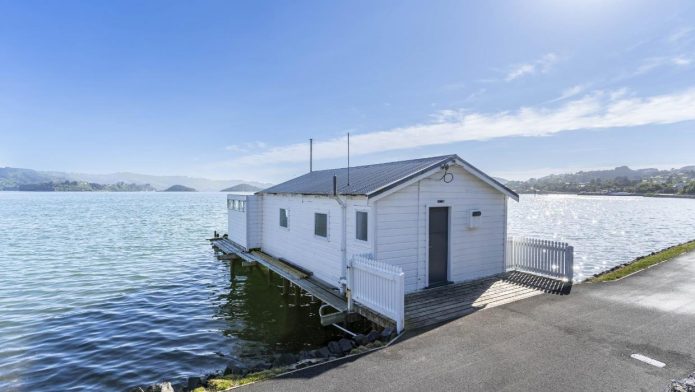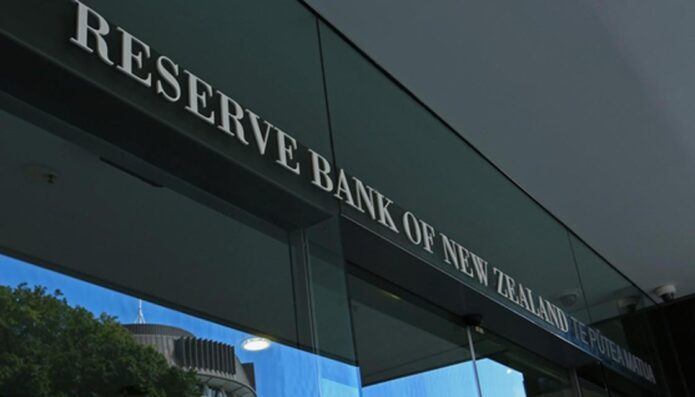PHOTO: Australian tradies bare at risk. FILE
It’s no secret Australia is a country of renovators.
We spend more than $1 billion each month sprucing up our homes with shiny new kitchens and bathrooms.
But what’s not well known is many of the young tradies who cut up the engineered stone to make the benches and vanities we so desire have been handed a death sentence.
That’s because these man-made products contain silica, and its dust, when inhaled, is a killer.
In fact, over time it’s considered as toxic as asbestos.
In a joint 60 Minutes, The Age and Sydney Morning Herald investigation, Adele Ferguson reveals startling information that while the workers say they’ve been unaware of the dangers, not so the manufacturers of these products.
Stonemason Ken Parker, 47, has been diagnosed with silicosis, an incurable disease caused by silica dust particles penetrating into the lungs. (60 Minutes)
No one from Caesarstone was prepared to discuss the dangers of its product in an on-camera interview. Instead, they answered written questions and provided a statement to 60 Minutes.
SafeWork NSW and John Holland also provided written statements.
Statement from Caesarstone
Key points
- Caesarstone product is not causing harm. The failure of fabricators and employers to use safe fabrication processes and precautions that are set out in detail in Caesarstone’s fabrication manuals and mandated by law has caused considerable harm.
- Since as early as the 1990s, every Caesarstone Material Safety Data Sheet and fabrication guide has carried warnings about the presence of quartz and the risk of silicosis from inhaling quartz dust.
- Caesarstone has consistently taken action to promote a safe engineered stone industry since it began operating in Australia, including through extensive efforts to educate fabricators and stonemasons regarding the risks of silicosis and safe product handling and safety guideline.
- The objection to the article (publishing Professor Mordechai Kramer’s study) was on the basis that it targeted Caesarstone. The article was entitled “Caesarstone® Silicosis: Disease Resurgence among Artificial Stone”. The invented name “Caesarstone® Silicosis” did not (and still does not) exist in the World Health Organization’s International Classification of Diseases (ICD).
- Caesarstone is a name ubiquitously interchanged with engineered stone. However, Caesarstone is just one manufacturer and supplier of engineered stone. There are many others that operate extensively in Australia and throughout the world, including Cosentino, Quantum Quartz, Smartstone, Project Stone, Stone Italiana and Laminex
Read the full statement here.
Media response from SafeWork NSW
Read the full statement from SafeWork NSW here.
Statement from a John Holland spokesperson:
The safety of our people and contractors is our number one priority.
We comply with all relevant workplace health and safety regulations to ensure air monitoring on all of our sites, including the Rozelle Interchange Project, is of the highest possible standard.
The Rozelle Interchange Project implements all necessary controls to ensure the health and safety of its workforce.
Multiple engineering controls are in place to reduce exposure to dust and respirable crystalline silica across the Rozelle Interchange Project and Western Harbour Tunnel Enabling Works.
The underground ventilation system installed across the project has been designed and is audited by a Ventilation Engineer – which is over and above the legislated requirements for the Project.
All plant involved in excavating sandstone at the tunnel faces contain HEPA-filtered, positively pressurised cabins and operators are required to wear respiratory protection while operating plant.
Daily ventilation and air quality measurements are conducted in line with Project-specific work health and safety systems. This includes water suppression and multiple dust ventilators close to the source.
Exposure monitoring is conducted as specified by NSW work health and safety laws, and in accordance with Australian standards by an onsite occupational hygienist, registered with the Australian Institute of Occupational Hygienists (AIOH).
Monitoring is conducted at a frequency which fulfills legislative requirements and best practices determined by the AIOH, other industry bodies and independent industry experts.
Crystalline silica monitoring samples are sent to the laboratory run by SafeWork NSW for analysis.
Watch the full 60 Minutes episode on 9Now.
READ MORE VIA 9 NEWS










